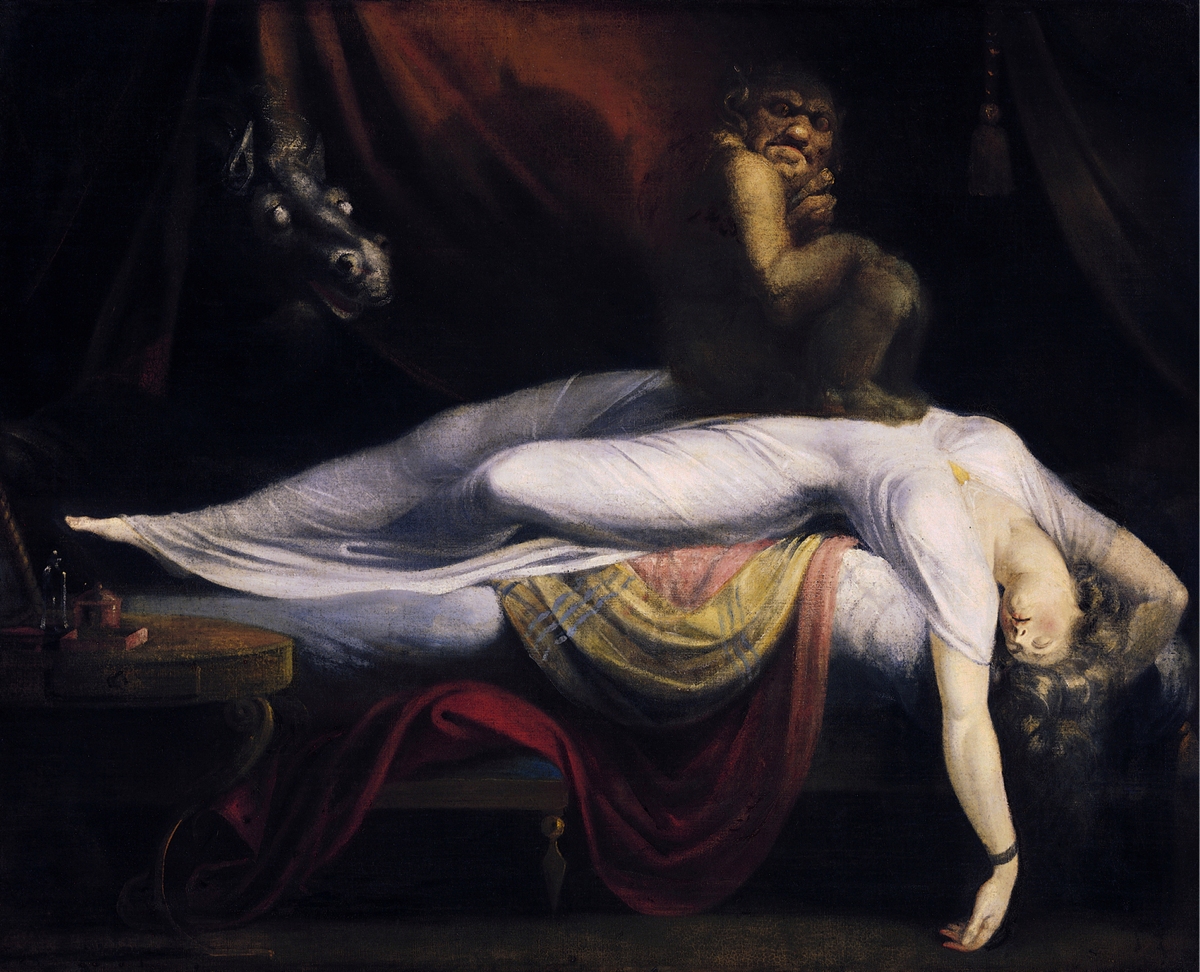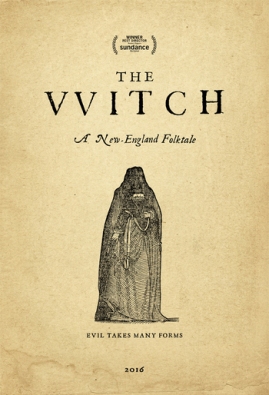
by Simon Cropp
If I wanted to take a singular positive message from the film Strong Sisters, I could say I should be proud I come from a state that is so supportive of women’s rights, but then, I wonder, how misogynistic principles still guide principles of so many men, and I don’t mean an outright hatred of women, but instead a subconscious belief that women are inferior. I’ve always considered myself to have overcome to this belief of inferiority both consciously and subconsciously, but as I listened to the stories of Colorado’s women fighting to gain respect in the state government, an old fear gnaws at me.
What if those same, oppressive methods of thought still pervade my own subconscious views? I have tried to apply my thought processes to the decision-making processes involved specifically invoked by the film—how I deal with the concept of women in power.
It is certainly arguable if the Presidential seat in the United States is truly the highest level of singular power in our country when considering how capital influences every stage of the political process. So when a person like Bernie Sanders comes along and funds his campaign through grassroots organization and claims to only take donations from people, not groups or institutions, it is easy to get swept up in that momentum. And when Sanders was swept from the table leaving the first female nominee of a major political party ready to take the final steps towards the Presidential Office, it is also easy for me to hedge. Or to say: I don’t want to vote for a person supported by the corporate world. Our democracy is in trouble, and she represents exactly as what I see the problems to be.
Yet, what if I have voted in every election since 2000—every election since I was old enough to vote—when George W. Bush faced off against Al Gore, because those elections, I thought, had drastic implications for America.
I have to ask myself. What has really changed since 2000? Had Bernie Sanders ran his campaign in 2004 and failed to achieve the nomination of the Democratic Party, would I then have not, from the sweltering heat of Guantanamo Bay, cast my vote in that election? Would I have refused to vote during Barak Obama’s historic run?
I believe I would have voted in those elections, just the same, disillusioned or not. So again, I ask myself, what has changed? Hillary Clinton is what changed.
It is easy to sit and express voter apathy when things do not go exactly as I wish in an election. A time existed when I wouldn’t declare myself a Republican or a Democrat, but I do side with Democratic politics now. I have my entire life, to be honest, and I don’t mind sharing this. I don’t have any hatred or loathing for the other side, but I do know where my values are in terms of my political beliefs. And they have always aligned with the Democratic party.
Except this time. Why? Right. Hillary Clinton is what changed my mind.
Perhaps the problem rests with her scandal surrounding the emails. But then, I have to admit, as much as I have tried to parse out that scandal, as much as I have tried to fully understand it, I can’t. I had secret clearance during my time overseas in Guantanamo Bay, so I feel like I have some vague notion of protecting classified documents, but Clinton’s supposed lack of protection for a vast number of documents never made sense to me. Then, after a long FBI investigation, she was cleared of any wrong-doing. I’ve heard this is because she gets privileged treatment, but the more I think about how she is treated, the more I think: this is not how the privileged are treated.
Well, there is always Whitewater, right? The alleged charges that Clintons used campaign funds inappropriately. But ultimately, no evidence exists that these charges have any validity. And in the United States, the burden of proof is on the accuser, and after my year of working with “enemy combatants” in Guantanamo Bay, who often turned out to be just men picked up and turned over with no evidence, then held against for years of their lives, I came home with a stalwart belief in the burden of proof. So why should that apply to everyone but Clinton?
She does take big donations from the evil Wall Street. Still, though, Wall Street manages the majority of Americans’ retirement plans. I suppose it makes sense to work with the people of Wall Street and not paint them as villains. They hold the collective, financial futures of America in their hands. I have a dark, angry spot in my heart for Wall Street, but I’m not a politician. I don’t need to work with them and protect the futures of my fellow citizens.
So what the hell is it? Her health? She apparently collapsed recently. But hasn’t she been endlessly campaigning? Is she the first potential candidate to have health problems? Andrew Jackson had bleeding lungs (and was a massive racist), FDR was partially paralyzed, Grover Cleveland was the textbook picture of poor health, John F. Kennedy had significant health issues, and Ronald Reagan’s health issues are widely known. So what is it about her health?
The answer has to be clear at this point: my change in political occurred, subconsciously, due to oppressive patterns of thought directed toward women in power. I have voted in every election since I was eighteen years old, and I know where my political values rest. Clinton’s record speaks for itself, and her values largely align with my own. That it took so much for me to see this is difficult for me.
The  reason I didn’t want to vote for Hillary Clinton can only boil down to one, singular fact: she is a woman. While embarrassed, humiliated (and uncertain if I even want to share this horrible story) by this fact, I am glad I figured it out. I’m glad I’m over that oppressive line of thinking, and I hope this allows me to be more introspective in the future.
reason I didn’t want to vote for Hillary Clinton can only boil down to one, singular fact: she is a woman. While embarrassed, humiliated (and uncertain if I even want to share this horrible story) by this fact, I am glad I figured it out. I’m glad I’m over that oppressive line of thinking, and I hope this allows me to be more introspective in the future.







 world of independent movies with the release of 2015’s horror film The Witch. Whether or not director Robert Eggers is a closet Lolly Willowes fan is not worth the debate, but the thematic core of his film is remarkably similar to Warner’s classic text. While vastly different in tone, Eggers presents his viewers with a young female protagonist named Thomasin who is the oldest daughter in a family run by a strict, puritan patriarch. Her father’s adherence to religious doctrine places Thomasin in the role of serving her family with no regard for herself. When her father decides the seventeenth-century puritan village they live in is not holy enough, he moves his small family deep into the woods to be closer to God. Instead, Thomasin and her family find themselves overcome by a series of tragic events that could be due to nature, madness, or perhaps a haunting by a witch who lives in the woods.
world of independent movies with the release of 2015’s horror film The Witch. Whether or not director Robert Eggers is a closet Lolly Willowes fan is not worth the debate, but the thematic core of his film is remarkably similar to Warner’s classic text. While vastly different in tone, Eggers presents his viewers with a young female protagonist named Thomasin who is the oldest daughter in a family run by a strict, puritan patriarch. Her father’s adherence to religious doctrine places Thomasin in the role of serving her family with no regard for herself. When her father decides the seventeenth-century puritan village they live in is not holy enough, he moves his small family deep into the woods to be closer to God. Instead, Thomasin and her family find themselves overcome by a series of tragic events that could be due to nature, madness, or perhaps a haunting by a witch who lives in the woods. So when The Witch begins with Thomasin’s father, William, delivering a speech before his friends, neighbors, and perhaps family, that he has presumably traveled from England with to start life anew, the meaning of the speech has particular relevance given Felski’s and Goodman’s context. William says in the opening of the film, “What went we out into this wilderness to find? Leaving our country, kindred, our fathers’ houses? We have travailed a vast ocean. For what? For what? What went we out into this wilderness to find? Leaving our country, kindred, our fathers’ houses? We have travailed a vast ocean. For what? For what? . . . Was it not for the pure and faithful dispensation of the Gospels, and the Kingdom of God?” Here seems to stand a man who does not understand the method and practice of those he thought he knew. So William takes his family and moves them deep into the New England countryside to find a more pure way toward “the Kingdom of God.”
So when The Witch begins with Thomasin’s father, William, delivering a speech before his friends, neighbors, and perhaps family, that he has presumably traveled from England with to start life anew, the meaning of the speech has particular relevance given Felski’s and Goodman’s context. William says in the opening of the film, “What went we out into this wilderness to find? Leaving our country, kindred, our fathers’ houses? We have travailed a vast ocean. For what? For what? What went we out into this wilderness to find? Leaving our country, kindred, our fathers’ houses? We have travailed a vast ocean. For what? For what? . . . Was it not for the pure and faithful dispensation of the Gospels, and the Kingdom of God?” Here seems to stand a man who does not understand the method and practice of those he thought he knew. So William takes his family and moves them deep into the New England countryside to find a more pure way toward “the Kingdom of God.”



 reason I didn’t want to vote for Hillary Clinton can only boil down to one, singular fact: she is a woman. While embarrassed, humiliated (and uncertain if I even want to share this horrible story) by this fact, I am glad I figured it out. I’m glad I’m over that oppressive line of thinking, and I hope this allows me to be more introspective in the future.
reason I didn’t want to vote for Hillary Clinton can only boil down to one, singular fact: she is a woman. While embarrassed, humiliated (and uncertain if I even want to share this horrible story) by this fact, I am glad I figured it out. I’m glad I’m over that oppressive line of thinking, and I hope this allows me to be more introspective in the future.
You must be logged in to post a comment.